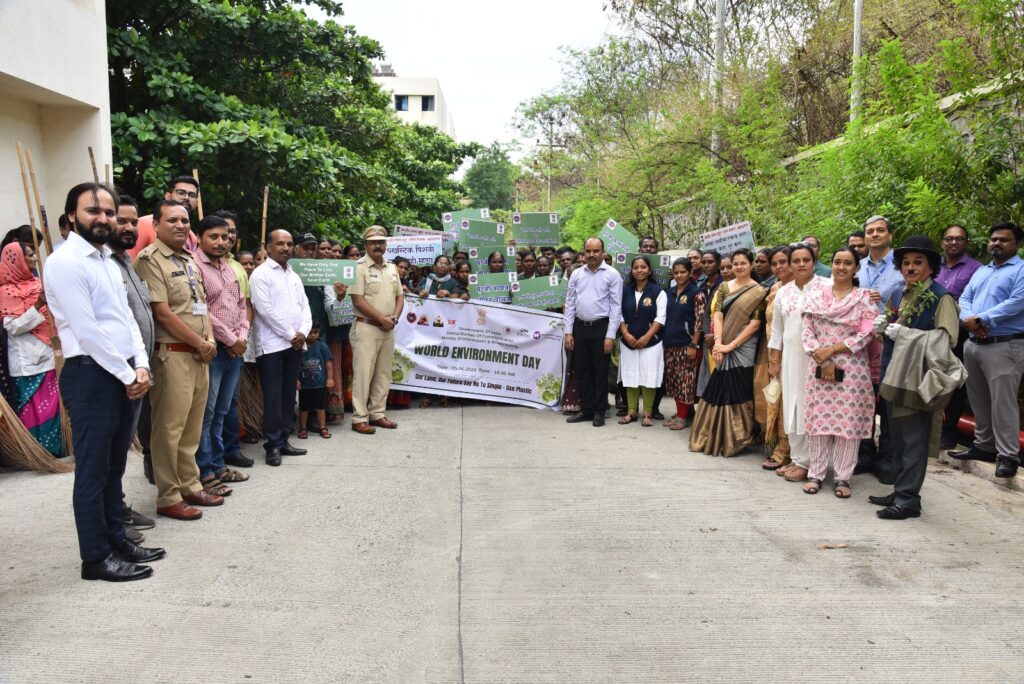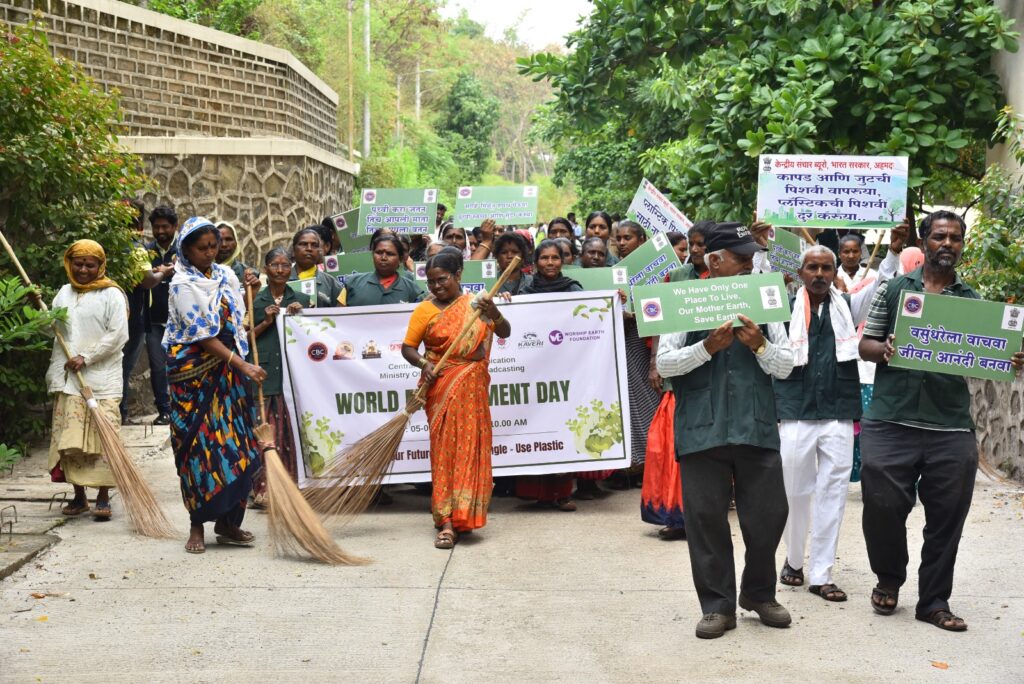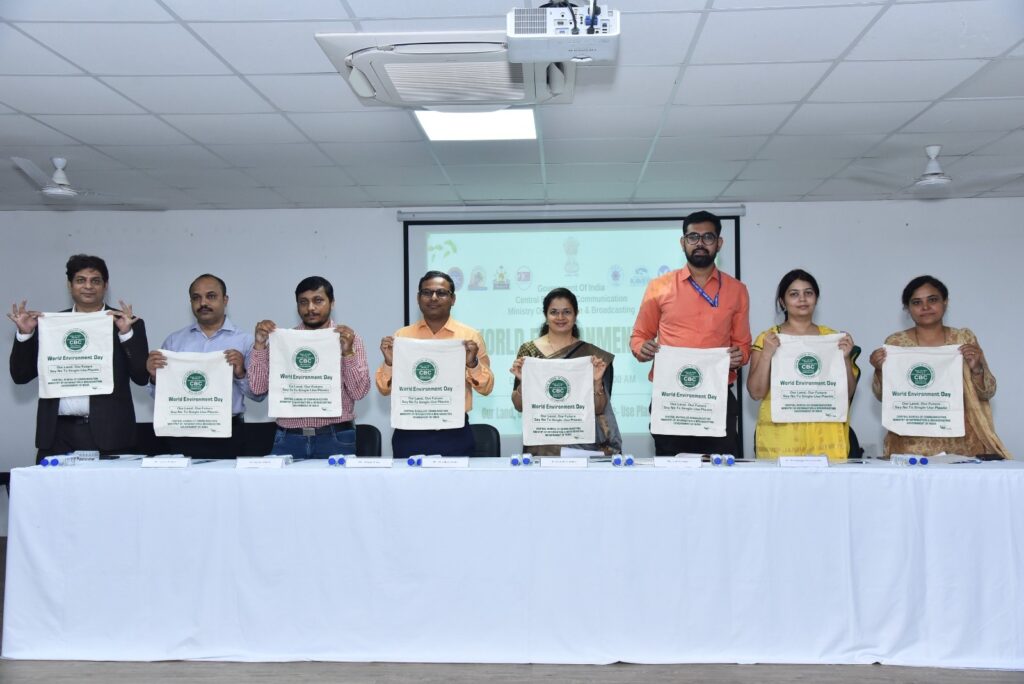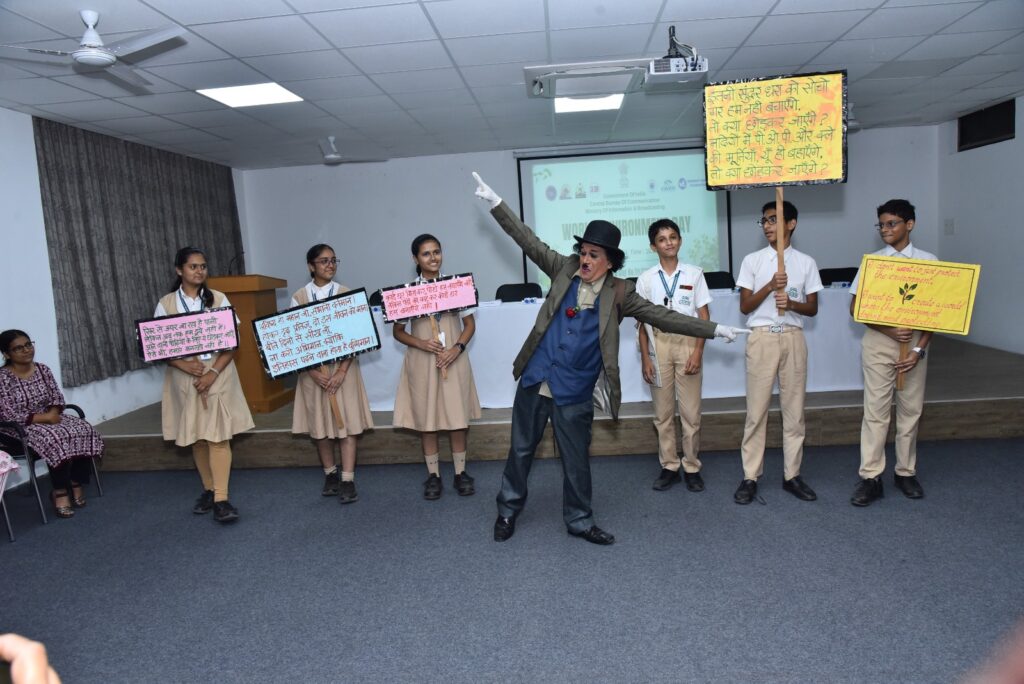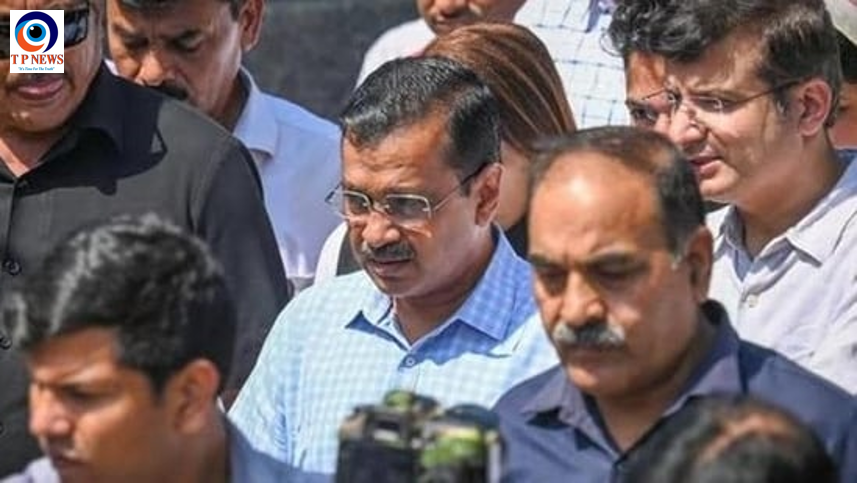Ashadi Ekadashi, also known as Devshayani Ekadashi or Padma Ekadashi, is a deeply significant day for Hindus, observed on the eleventh day (Ekadashi) of the waxing fortnight (Shukla Paksha) in the Hindu lunar month of Ashadha (June-July). This year, Ashadi Ekadashi will be celebrated on Wednesday, July 17, 2024.
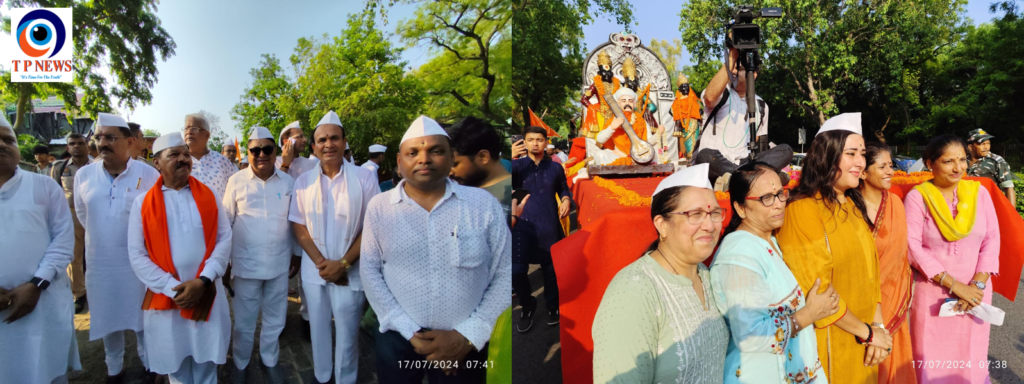
What is Ashadi Ekadashi?
Ashadi Ekadashi heralds the beginning of Chaturmas, a four-month period during which Lord Vishnu is believed to enter a deep, meditative sleep known as Yog Nidra. During this time, Hindus refrain from undertaking major life events such as weddings, adhering to strict religious observances.
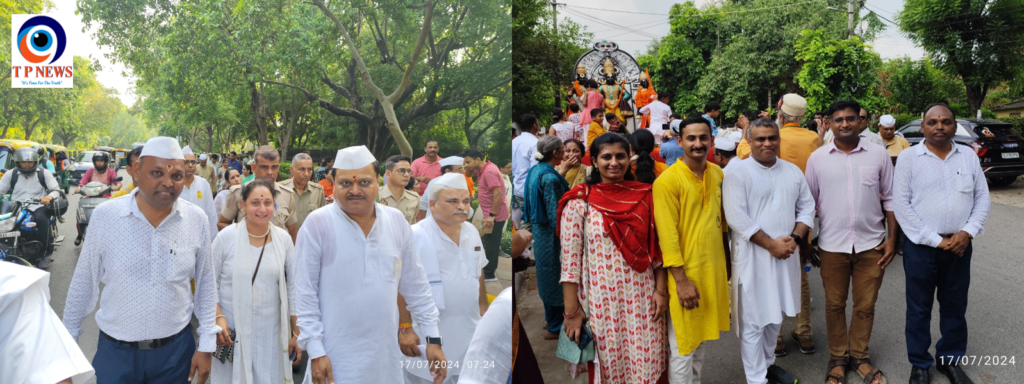
Fasting and Celebration
On Ashadi Ekadashi, devotees of Lord Vishnu engage in a rigorous fast, abstaining from grains, certain vegetables, and other specific foods. The day is dedicated to prayer, meditation, and performing puja (worship rituals), seeking Lord Vishnu’s blessings. The fast is traditionally concluded the next day, on Dwadashi Tithi, during a specific Parana time, which varies by location.
Significance of Ashadi Ekadashi
Ashadi Ekadashi is imbued with profound spiritual significance. Observing the fast is believed to bestow good health, wealth, prosperity, and ultimately, Moksha (liberation). Devotees seek the divine blessings of Lord Vishnu, aiming for a life filled with happiness and prosperity.
The Vrat Katha (Fasting Story)
Hindu mythology recounts that a king once faced a devastating drought that brought great suffering to his kingdom. A wise sage advised the king to observe Ashadi Ekadashi with sincere devotion. Following this guidance, the king diligently fasted and prayed to Lord Vishnu. Pleased with the king’s devotion, Lord Vishnu blessed the kingdom with abundant rains, restoring prosperity and joy.
Ashadi Ekadashi in 2024
- Date: Wednesday, July 17, 2024
- Parana Time (Fast Breaking Time): To be determined (Varies based on location; consult your local Panchang for specific timings)
- Significance: Marks the start of Chaturmas, a period of religious observances. Fasting is believed to bring Lord Vishnu’s blessings.
Ashadi Ekadashi is a revered day for millions of Hindus around the world. Through fasting and adherence to tradition, devotees seek the divine blessings of Lord Vishnu, ensuring a life of happiness, health, and prosperity. This observance underscores the importance of spiritual discipline and devotion in Hindu life.










